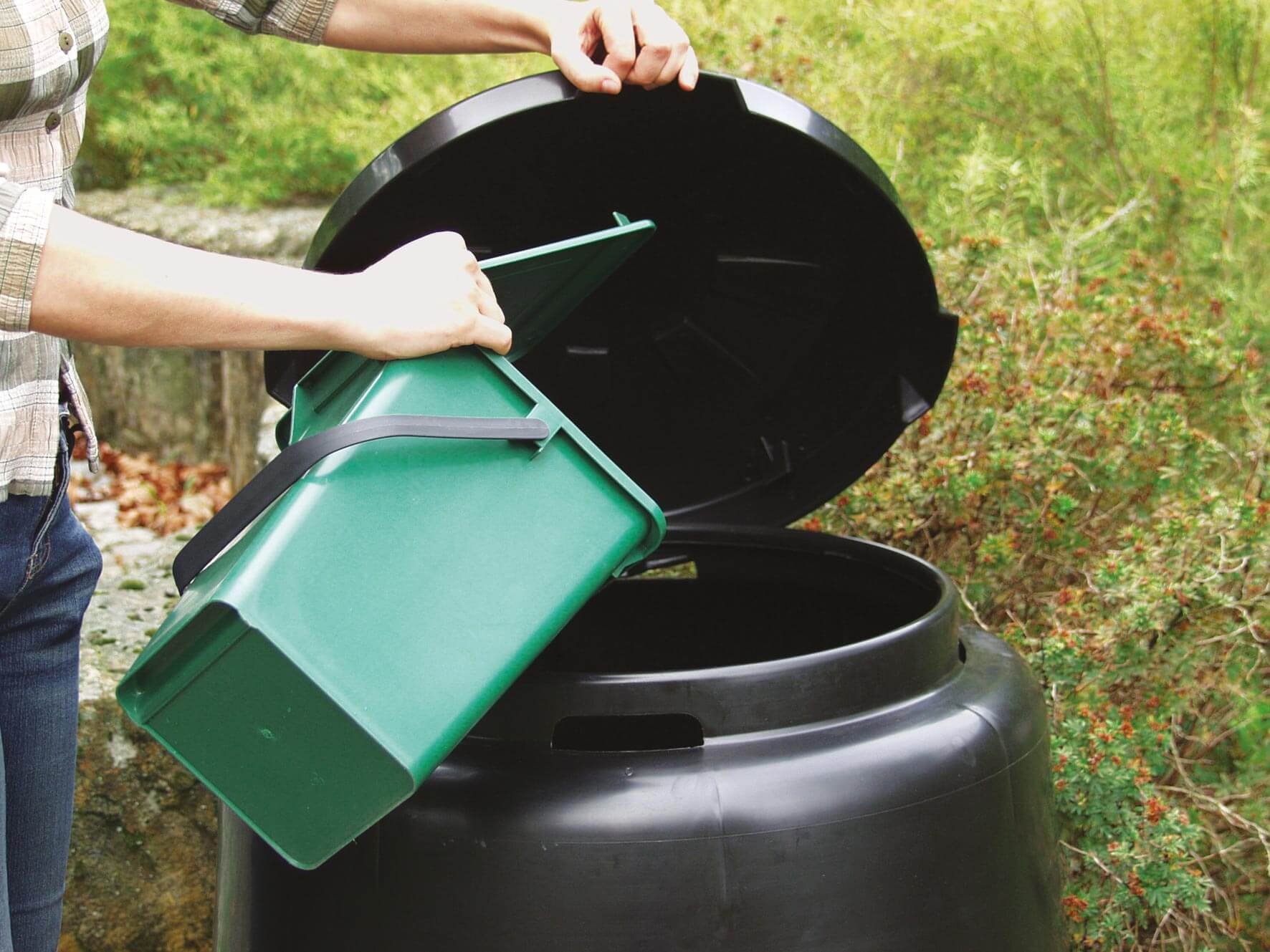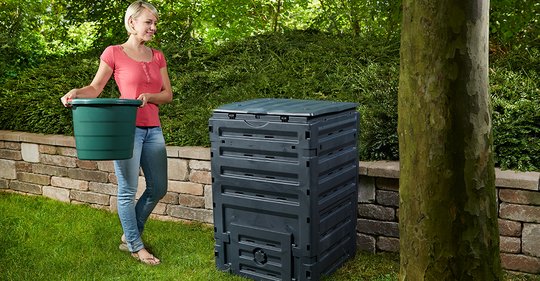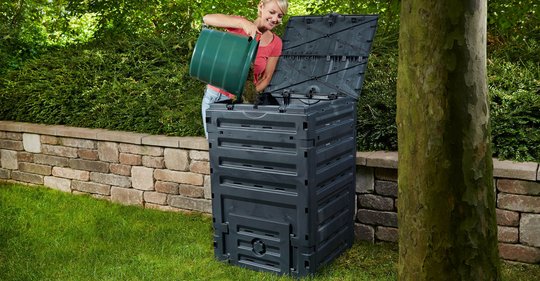What Can Be Put on the Compost Heap?
Composting is the process of turning organic waste into nutrient-rich humus that can be used in the garden. A well-maintained compost heap helps to reduce waste while producing valuable fertiliser. However, not all household waste, especially kitchen waste, can be put on the compost heap. The following is an overview of what can be put on the compost heap and what should be disposed of with household or organic waste.
What Can Be Put on the Compost Heap
1. Kitchen Waste:
- Fruit and Vegetable Peelings: All raw fruit and vegetable peelings, such as apple peels, potato peelings, and onion skins.
- Coffee Filters and Tea Bags: The untreated paper from tea bags and coffee filters is ideal for composting as it decomposes easily.
- Eggshells: Crushed eggshells are a good source of calcium for the soil.
2. Garden Waste:
- Grass and Plant Clippings: Freshly cut grass and plant clippings add moisture and nitrogen to the compost. However, you should be careful not to add too much grass clippings at once, as they can clump and reduce aeration.
- Foliage: Foliage provides important carbon sources for the compost. A good mix of foliage and fresh material provides the right balance.
- Twigs and Small Branches: Coarse material such as twigs helps to aerate the compost. However, they should be shredded beforehand, otherwise they will take a long time to decompose.

3. Untreated Wood and Paper:
- Small pieces of wood, sawdust and cardboard (without paint or glue) can help to regulate the moisture in the composter as dry materials.
What Should Not Be Put on the Compost Heap
- Meat and Dairy Products: These attract animals, cause unpleasant odours and are difficult to break down.
- Fats and Oils: These slow down the composting process and also attract vermin.
- Animal Feces (from carnivores): These can contain pathogens and should not be composted.
- Sick Plants: Plants with pests or fungal infections could contaminate the compost and spread disease to the garden soil.
- Heavily Treated or Painted Wood: These materials contain chemicals that can spoil the compost and be harmful to plants and soil.
General Tips for Successful Composting
- Get the Balance Right: Your compost should consist of a good mix of ‘green’ (nitrogen-rich) materials such as vegetable scraps and ‘brown’ (carbon-rich) materials such as leaves and twigs.
- Airing: turning the compost regularly ensures that it is well aerated, which is important for the decomposition process.
- Humidity: the compost should always be slightly moist, but not too wet – similar like a squeezed-out sponge.
With these simple rules and the right care, you can get valuable humus for fertilising your garden in just a few months.



